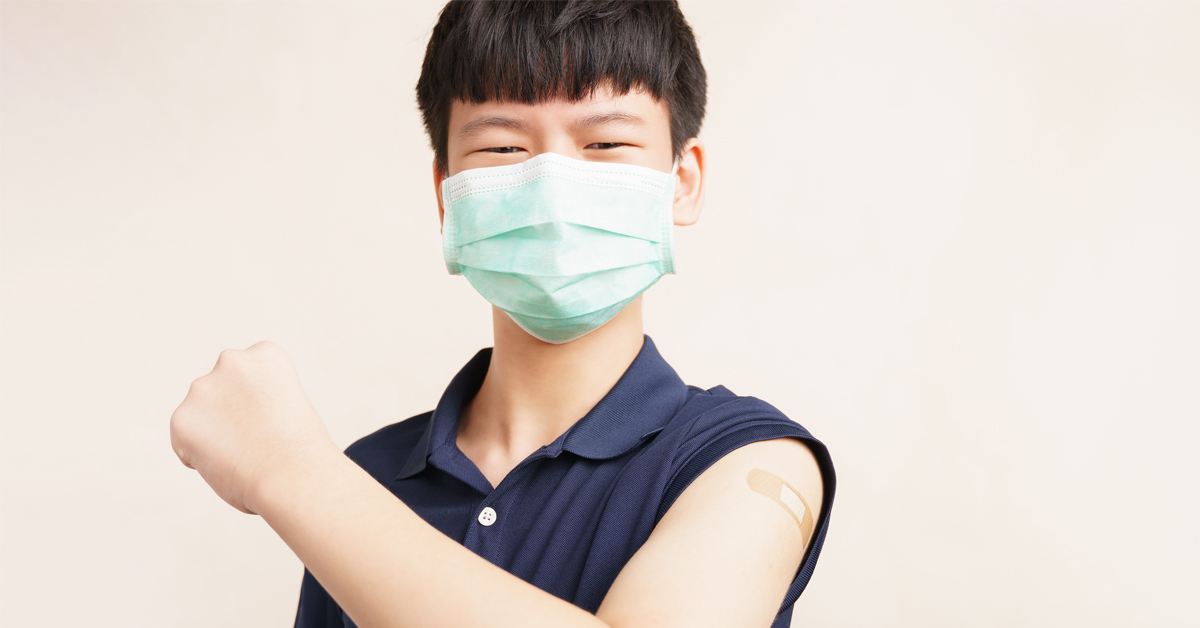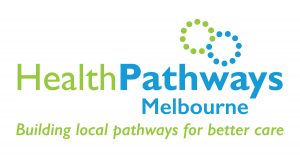
This article is designed as a guide only and does not replace formal legal advice. For further information on consent and privacy contact your indemnity provider.
COVID-19 vaccines are now available to everyone aged 12 years and over.
While most minors will attend for vaccinations with a parent or guardian, it is conceivable that younger people may book and attend vaccinations on their own. If this occurs, vaccinators will need to assess whether they are a ‘mature minor’ and whether they are able to give consent.
What is a mature minor?
The legal age of consent in Australia is 18; however, young people can be deemed to be able to provide consent for their own treatment if they meet the ‘mature minor’ or ‘Gillick principle’.
The Gillick Principle became common law following the 1986 Gillick ruling in the UK. In this case, the court determined that there were circumstances in which a child or young person could consent to their own medical treatment. To do so, the child or young person must have a “sufficient understanding and intelligence to enable him or her to fully understand what is proposed”.
This may be different based on the complexity of the condition or treatment – a young person may be ‘Gillick competent’ for one condition or treatment but not for another.
This was also established in Australian common law in 1992 and is known as ‘Marion’s Case’.
How might the Gillick principle be applied in practice?
The following case study outlines how a vaccinator might use the Gillick principle in the care of a young patient presenting for a COVID-19 vaccination.
Jane, aged 15, books into your vaccination clinic for a COVID-19 vaccination. Both her parents are working and are unable to attend with her.
In Victoria, under common law, patients under the age of 18 who are determined to be ‘Gillick competent’ or a ‘mature minor’ can consent to their own medical treatment.
The capacity of a child or a young person to consent is assessed for each proposed treatment. A child or young person may be mature enough to consent to some treatments and not others.
If a child or young person has decision-making capacity, the consent of a parent is not required. Depending on the treatment, it may be useful to encourage the patient to discuss the treatment with their parents or a trusted adult, but it is not needed to proceed.
Legal competence to make decisions is conditional on the child gradually acquiring both maturity and intelligence.
- Maturity takes account of the child’s experiences and the child’s ability to manage influences on their decision making such as information, peer pressure, family pressure, fear and misgivings.
- Intelligence takes account of the child’s understanding, ability to weigh risk and benefit, consideration of longer term factors such as effect on family life and on such things as schooling.
You spent some time discussing with Jane the benefits and risks of COVID-19 vaccination. She tells you she has done a lot of reading about the vaccination and is keen to be vaccinated so she can get back to school. Jane has discussed this with her parents and they are both supportive of her being vaccinated.
Jane understands the small risks of an adverse event with the vaccine but articulates to you that she feels the benefit of the vaccine outweigh the risks. You talk to her specifically about the small risk of myocarditis with the Pfizer vaccine, which she indicates that she understands.
Health professionals must be satisfied that the child understands:
- the necessity for the treatment and the reasons for it; and
- the risks, intended benefits and outcomes of the proposed treatment and alternatives, including the option of not having the treatment.
After your discussion with Jane, you feel confident that she is Gillick competent, understands the benefits and the risks. You go ahead and give her the vaccination, documenting in your notes that you have assessed her as Gillick competent to give consent.
More information 
HealthPathways Melbourne has pages on Consent and Tips and Resources for Adolescent Health.
Are you a GP or health professional in our region who doesn’t have access to HealthPathways Melbourne? Request access online or contact info@healthpathwaysmelbourne.org.au
Education
GPs frequently see patients where we need to make a clinical judgement about whether or not to treat them as a mature minor. Practices might consider doing an in-house education session and having a practice policy about consent in minors.
- Avant has a number of resources on consent including articles and RACGP-accredited active learning modules (ALMs):
- The RACGP has a number of resources including ALMs and articles available on its website.
- NSW Health GP resource kit (.pdf)
- PMC article
- RACGP article (.pdf)




